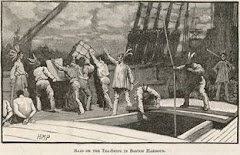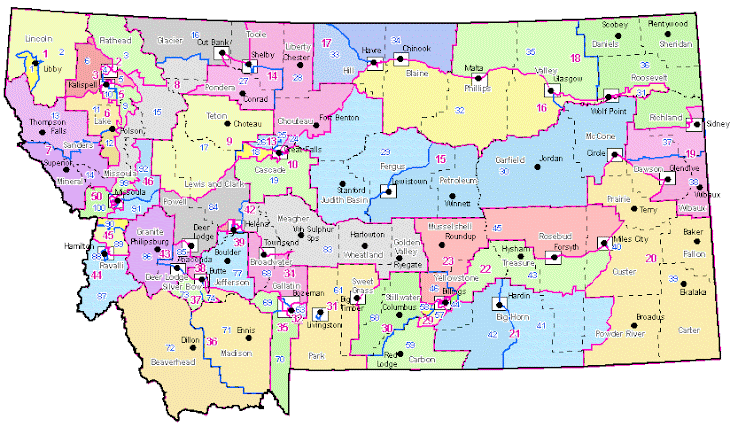This bill, HR 875, is sitting in committee. How many Representatives have read it? Have YOU read it? Is your representative going to vote on this based on what someone else is saying?
This legislation is so broad based that technically someone with a little backyard garden could get fined and have their property seized. It will affect anyone who produces food even if they do not sell but only consume it. A whole new government agency is being created just to police food (for our own protection - yeah, right.)
READ THIS LEGISLATION FOR YOURSELF. Contact Representative Dennis Rehberg and insist he read this legislation prior to it coming to a vote.
When you read HR875, pay special attention to
- Section 3 which is the definitions portion of the bill - read in it's entirety.
- section 103, 206 and 207 - read in it's entirety.
Some Red Flags that have been noted (you may find others - and if you do find others, please add them in the comment section of this post:
- HR875 legally binds state agriculture depts to enforcing federal guidelines (taking away the states power to do anything other than being food police for the federal dept.)
- Effectively criminalizes organic farming but doesn't actually use the word organic.
- Affects anyone growing food even if they are not selling it but consuming it.
- Affects anyone producing meat of any kind including wild game.
- HR875 is so broad based that every aspect of growing or producing food can be made illegal. There are no specifics which is bizarre considering how long the legislation is.
- Section 103 is almost entirely about the administrative aspect of the legislation. It will allow the appointing of officials from the factory farming corporations and lobbyists and classify them as experts and allow them to determine and interpret the legislation. Who do you think they are going to side with?
- Section 206 defines what will be considered a food production facility and what will be enforced up all food production facilities. The wording is so broad based that a backyard gardener could be fined and more.
- Section 207 requires that the state's agriculture dept act as the food police and enforce the federal requirements. (Say, doesn't this take away the states power and violate the 10th amendment?)
S425 is the Senate's version of the bill. You might want to read that one too.
IF THE LINKS IN THE TEXT ABOVE DO NOT TAKE YOU TO THE CORRECT WEB PAGE FOR EACH BILL, you can link here: SEARCH BILL SUMMARY & STATUS where you can search for bills by number (HR875 or S425) Be sure to choose what kind of search you're doing (by bill number or by word/phrase)





